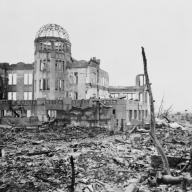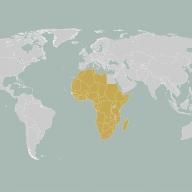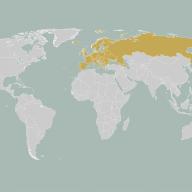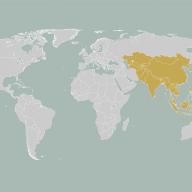Research
SIPRI looks at the most important symptoms of insecurity and efforts to control them.
Recently updated Armament and disarmament projects
SIPRI monitors key developments in science and technology.
SIPRI seeks to contribute to the understanding of trends and developments pertaining to nuclear, chemical and biological weapons.
SIPRI tracks arms production, international arms tranfers, arms embargoes and military spending.
SIPRI looks at the most important consequences of insecurity and efforts to minimize them.
Recently updated Conflict, peace and security projects
SIPRI’s work in Africa spans several regions and cross-cutting themes, including peacekeeping operations, civil society and peacebuilding.
SIPRI seeks to make informed contributions to the debate on Europe’s future security order.
SIPRI looks at security issues and development opportunities in Asia.
SIPRI looks at the long-term causes of insecurity to understand how societies identify and navigate paths to sustainable peace.
Recently updated Peace and development projects
SIPRI focuses on systems of governance, their effects on local populations, and their relationship to the emergence of armed conflict or sustainable peace in a given setting.
SIPRI looks at the effects of climate change on peace and security.
SIPRI focuses on the conditions necessary to resolve conflicts and the effects of positive peace in promoting sustainable development.








